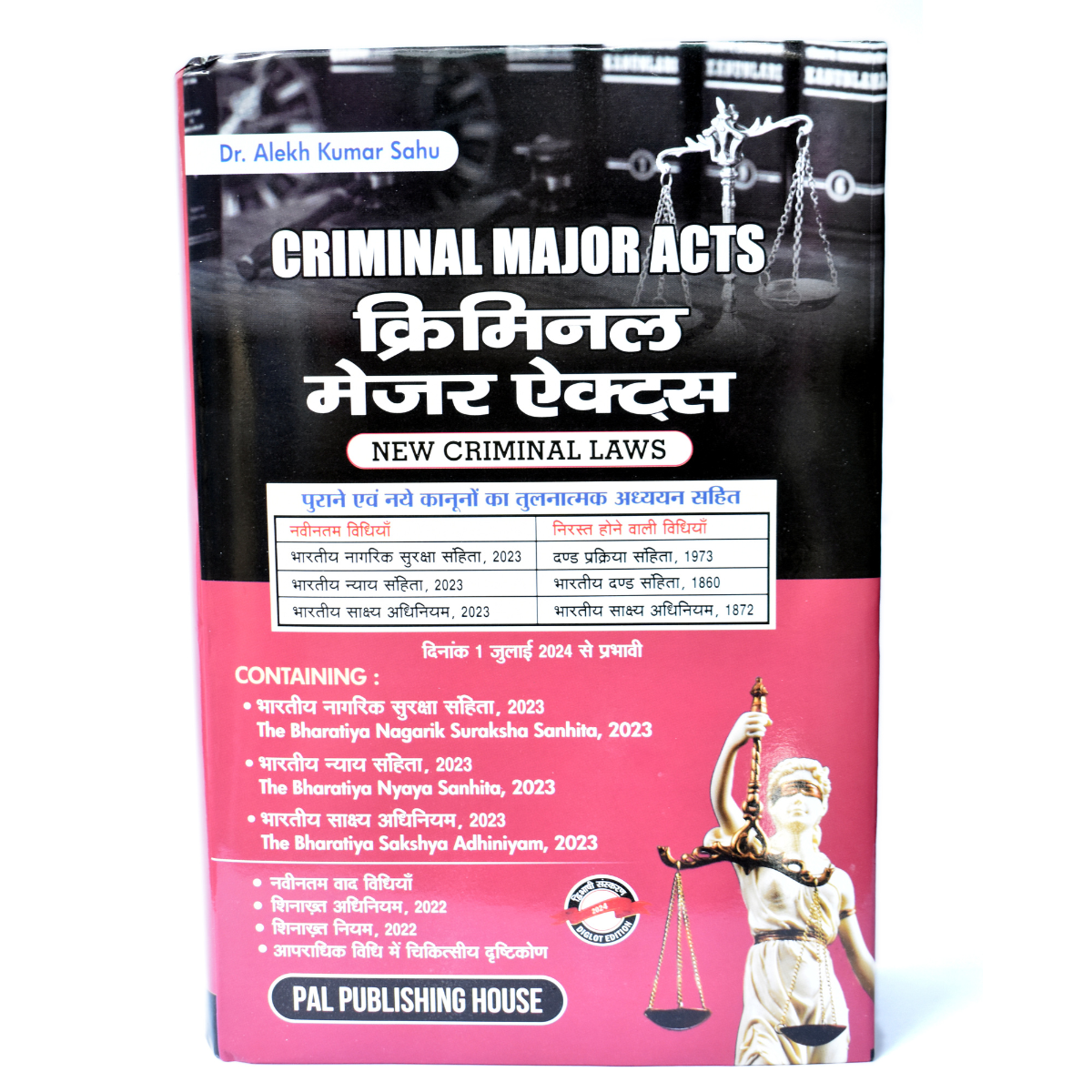



Criminal Major Act" explores the intricate web of criminal activities that span across international borders. From organized crime syndicates to high-stakes heists, the novel dives deep into the lives of both criminals and law enforcement, highlighting the blurred lines between justice and corruption.
Setting: The story is set in a modern metropolis where crime flourishes amidst the bustling city life, presenting a stark contrast between luxury and the underworld.
Plot: The narrative follows Detective James Turner, a seasoned investigator with a haunted past, as he navigates through a series of high-profile criminal cases. Each case leads him deeper into the labyrinth of organized crime, revealing unexpected alliances and betrayals.
Characters:
Themes:
Style: The writing style is gritty and atmospheric, immersing readers in the dark underbelly of the city. Vivid descriptions and tense dialogue create a sense of urgency and suspense, keeping readers on edge until the final revelation.
Conclusion: As the story unfolds, Detective Turner confronts his own demons while unraveling the intricate threads of criminal conspiracy. The climax delivers a powerful resolution, challenging perceptions of justice and leaving readers questioning the true cost of victory.
Global Reach of Crime: The novel portrays how modern criminal activities transcend geographical boundaries, involving smuggling, cybercrime, and trafficking that challenge traditional law enforcement tactics.
Technological Warfare: It examines the role of technology in modern crime, from hacking to digital currencies, illustrating how criminals exploit advancements to evade capture while law enforcement adapts to stay ahead.
Human Cost: Beyond the glamorized aspects of crime, the novel delves into the human toll—victims left behind, families torn apart, and the emotional scars endured by both criminals and those who pursue them.
Moral Ambiguity: Characters grapple with moral dilemmas, portraying shades of gray where motives and actions are often driven by personal circumstances, making it difficult to distinguish heroes from villains.
Political Intrigue: The intersection of crime and politics reveals how power dynamics influence law enforcement efforts and the pursuit of justice, exposing vulnerabilities within societal structures.
Economic Impact: The narrative explores the economic repercussions of crime on communities and economies, highlighting the ripple effects beyond immediate criminal activities.
Character Evolution: Throughout the novel, characters undergo transformation and growth, influenced by their encounters with crime and the choices they make in pursuit of their respective goals.
Cultural Insights: It incorporates cultural nuances and backgrounds of diverse characters, showcasing how societal factors shape criminal behavior and law enforcement responses.
Narrative Structure: Using multiple perspectives and timelines, the novel weaves a complex narrative that unveils layers of deception and truth, challenging readers to piece together the puzzle of criminal enterprises.
Ethical Conundrums: From undercover operations to moral compromises, the novel raises questions about the ethical boundaries that law enforcement must navigate in their quest for justice.